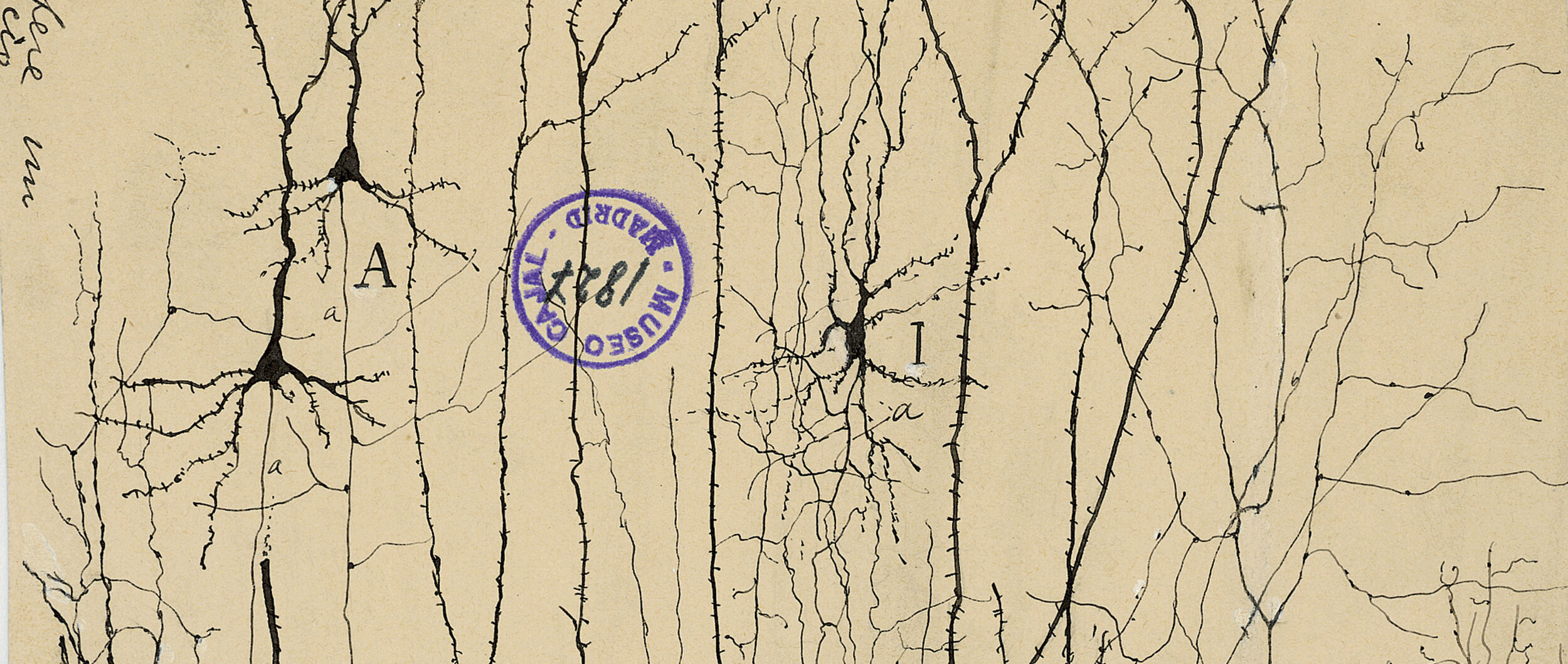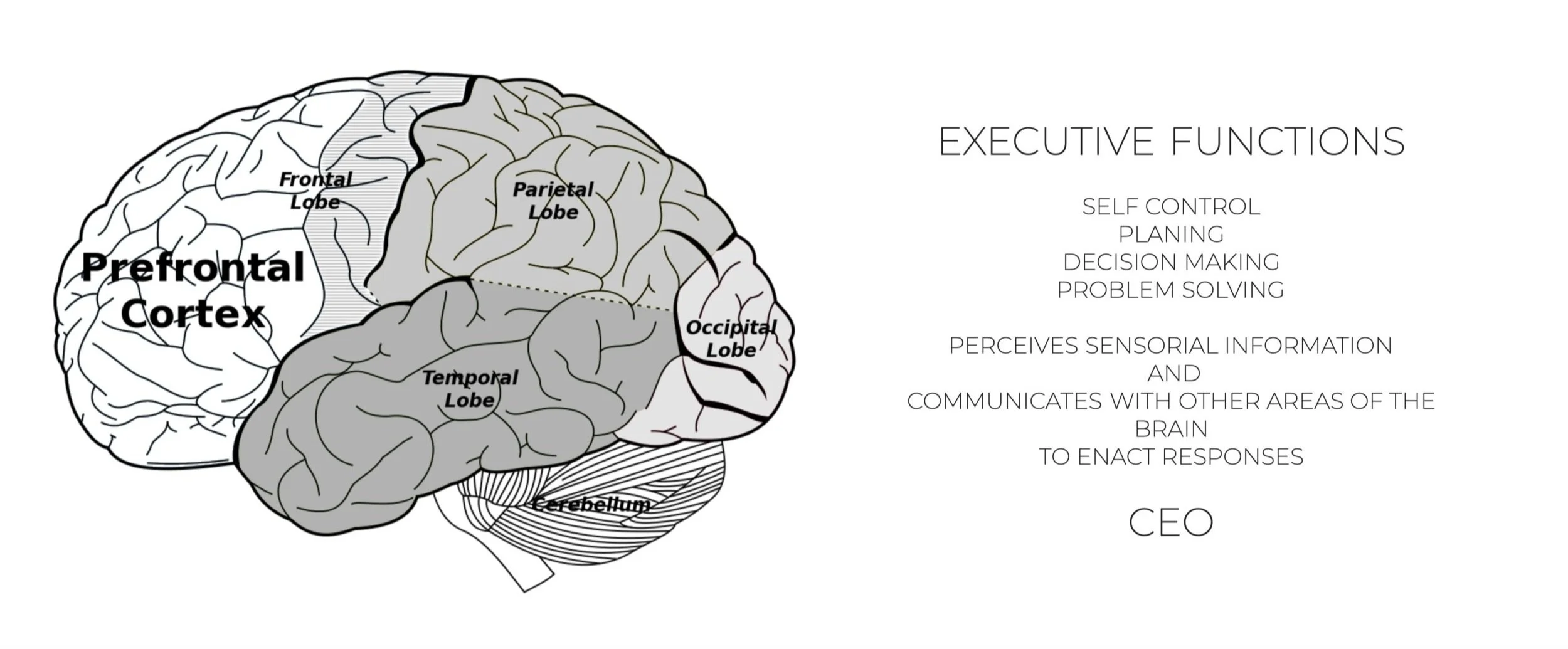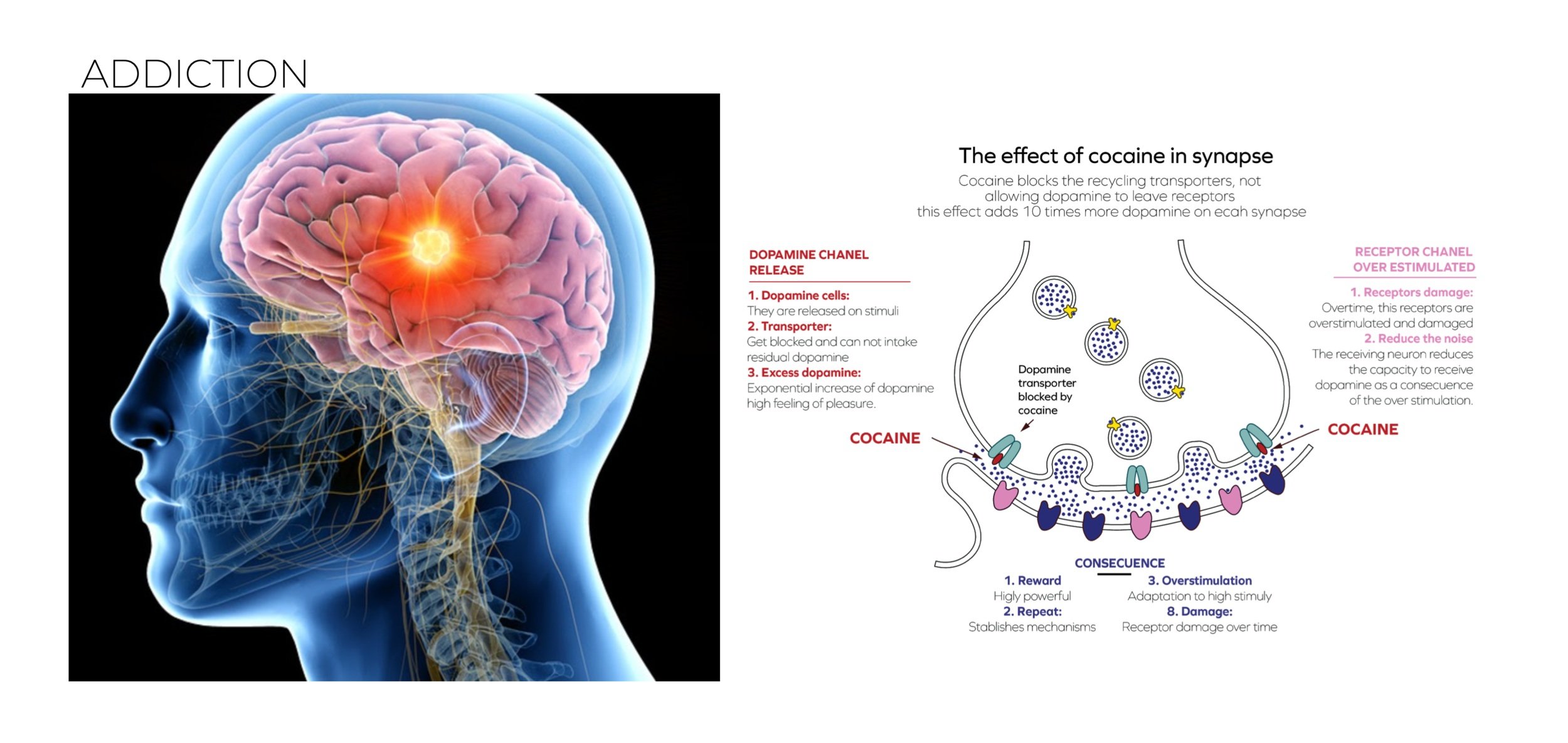
UNDERSTANDING ADDICTION
Having a life where you drink is something regular that most people can handle with no issues, what brings us here is to understand why certain people struggle when they do the same things that other people do having a completely different outcome.
The first thing we need to understand, is the difference between use or even abuse over a dependence. Basically as the word indicates, dependence is the state of being “conditioned” by something to be able to function properly. This represents that if you don't do whatever you are dependent on your brain will loose state of homeostasis making you feel perceive and think in ways to justify repeating the addictive behaviour.
Addictive behaviours are spiral behaviours where the solution to your problems become part of the problem, hence you deepen your self into this one as you progress.
Stigmatization.
We believe we are in control of our actions.
We believe that we have the capacity to choose what we believe to be good and what is not.
We believe that we have enough willpower to make the right decisions.
We believe that we should have our priorities and values straight. We should know what’s important.
Decision making is a key factor in the outcome of our lives. It is what will determine the direction of our path.
We build our character making the right decisions, sacrificing our short term desires to make what we believe to be right.
We do this because we understand that it will lead to a better future, for us and for our closest environment.
But what is it that gives us the capacity to understand what is better for our future?, or at least project what will be the outcome of our actions.
Our capacity to process and understand factors and events, our capacity to memorize and to remember them, allow us to understand what that outcome will look like before we act.
All those processes are made in our minds, and the main organ involved is our brain.
Will power, rational thinking, impulse control, priorities making, Decision making among others are processes happening in specific areas of the brain. And it has been proven that a malfunction of these areas can diminish or completely cancel them.
The question then is, if it is through our brain that we manage to act in different ways, then we rely on this organ to behave, to express ourselves, to make decisions, for the present and the future.
But If this organ is affected, if this system is compromised, then we can’t expect to be able to act and decide properly, nor to expect others affected to act and behave properly.
It's precisely here where the moral dilemma begins.
We tend to think that behaviors are the result of our own carácter, we tend to think that our carácter is something we have built for ourselves. We made the right decisions to be where we are, we were strict with what we believed was important, and that took effort, and sacrifice. It’s not easy to do what it’s right instead of what we please.
And we understand, that we are all the same.
We have the same capacities, therefore everyone should be able to choose right, and if not, it’s on them, they choose wrong, they have the outcome they decided to have.
But what about if there are conditioning factors or malfunctions in the core of our capacities, is then our fault, and more important can we do something to change the outcome of our lives with a compromise mind?
Think of this like going sailing. We rely on the GPS to reach our destination, we set the course that the software of the GPS is telling us to set, but if we encounter a storm, probably we will need to modify and set a new course. If we can only rely on our GPS, and this one doesn't have a weather forecast, we will surely end up in the heart of the storm. But if we do have access to the forecast, the GPS will calculate a different route to ensure a safer more efficient trip.
In this case, the weather forecast in the GPS will represent our capacities to predict the outcome of near future events.
Another very important point that we will be analyzing today, is how somebody affected by a mental disorder, is incapable of changing the course of his behaviors.
It's easy to understand that if we need our minds to make different decisions, and the very tool to make that happen is affected, it will be impossible to find other outcomes to our problems.
This is the same as having a broken rudder, no matter how much you know you should be turning left, it will be impossible to do so.
This is why it is important that we all understand the issue at hand, and understand that we need to help people affected by this condition, because their rudder is broken, and they will never be able to set course for well being.
We will do three things in this event, explain in the most simple way how the mind works, give you pointers to identify patterns of behavior so we can differentiate use or abuse of a substance to a dependency, and after we will have little Q&A for any questions that you think to be important.
THE BRAIN
The brain has evolved in stages, every stage has given us certain capacities, and they all interact to give us what we call our experience.
Cerebellum. Reptilian brain, most primitive, Instincts, automatic responses, non rational survival mechanisms. (snake in the jungle and running response).
Limbic system. Emotional brain, connects to our spinal cord and our body. This is the part of the brain in charge of our emotions, triggers chemical reactions that we feel in the body, these feelings are translated by our brain as emotions.
Neocortex. What makes us human.
With the cortex we do many functions but the ones we will focus in this talk are, decision making, will power, impulse control, planning for the future, empathy, reality awareness.
These three main areas of the brain are constantly interacting with each other, they project to one another in specific ways triggering and creating what we call thoughts and behavioral impulses.
Let’s see now how all of these independent parts interact with each other.
Neuron and Synapse.
(connections and reinforcement)
Neurons and transmitters.
Biochemical reactions are created and segregated by our neurons, but only segregation is not enough, we need receptors to achieve a reaction that triggers other segregation. This is called neural network.
We enforce neural networks when we repeat behaviors and we weaken others when we stop behaviors.
This process is called reinforcement, and it is how we build our brain architecture. We achieve learning, language skills, knowledge, we develop empathy, compassion, love.
It is through our interaction with the world that we reinforce the neural connections making them stronger and more defined. Every time we repeat an action, we have more tendency to act that way. Think of it as a river and it’s affluent. Water will always tend to run through the mainstream other than on it’s affluent.
Why do we act the way we do?
We all want to feel good, we always look for things to make us feel good. We chose jobs that we think will make us feel good, we choose partners that makes us feel good, we have friends and we buy things, all of it, because we want to feel good. Some feel good helping the poor others feel good buying a Porsche, it doesn’t really matter how to achieve it, we just want to feel good.
Feelings are triggered in our brains through biochemical reactions, every different biochemical has the ability to make us feel different and one the one that interacts mainly in the process of happiness is Dopamine.
Dopamine and the Reward system
To talk about dopamine we first will talk about the reward system and how it is related to motivation.
What we call reward system is the interaction of different areas of the brain whose purpose is to reward behaviors that are good for our survival. It is a combination of feelings, thoughts and memories that are triggered to make us repeat an action that has proven good such as procreation, self sustainability or preservation of well being. For example, having a sexual relationship, feeding ourselves or having good social interactions.
One of the main biochemicals, among many others, of this system is dopamine, which is the biochemical for happiness and makes us feel good. This pleasant feeling is the fuel that makes us pursue specific things that are good for us, and establishes memories associated with the reward. These memories are associated with spaces, hours of the day, or specific feelings. Dopamine also creates motivation to ensure the repetition of such important behaviors.
Prefrontal Cortex
the CEO in our brain
What happens when we get affected by mental health?
Think of our brain as a corporation. There are many departments organized in a very defined hierarchy. This hierarchy is usually set in the most efficient way, ensuring that every department has its own role and relevance.
The organization of this hierarchy is usually planned in a way where executive decisions are made, based on strategies based on factors like financing, time frame planning, economics, social stability, etc, all of them to ensure the achievement of the desired goal.
The figure of the CEO (Prefrontal Cortex) determines the direction of the efforts of all the rest of the departments, especially conditioning their focus and giving them the guidelines to follow.
Imagine now that the marketing department, (Emotional brain), takes over the direction of the company, and makes the decisions, based on their need to make the best and most awarded marketing campaign, without considering, economics, political situation, financing, and many other very important factors that will condition the campaign.
What we see in this case is a company with no head of direction, that makes its decisions based on emotional goals and conditions the executives to work for them. They will probably make a great marketing campaign, but the failure of the company is guaranteed.
Effect of cocaine in the brain
Cocaine blocking receptors
Conditioning stimuli
What we see in Pavlov's study, is how the association made by different kinds of stimuli, in this case sound, can trigger the response for other actions, in this case eating.
This proves that we create associations related to reward, triggering the biochemicals that makes us feel good without seeing the desired object of reward.
Its very important also the fact that the more powerful the desired stimuli of reward, the more powerful the conditioning stimuli will be. Meaning that whit drug use, we create very strong associations to spaces and places, hours of the day, music and specific feelings and behaviors, such as anger, sadness, happiness or after-work reward, household arguments, staying alone at home. Whenever we repeat these behaviors or we have these feelings, or we are in certain spaces or listening to certain music, we trigger the biochemicals that ensure to produce the motivation leading to repeat that action.











